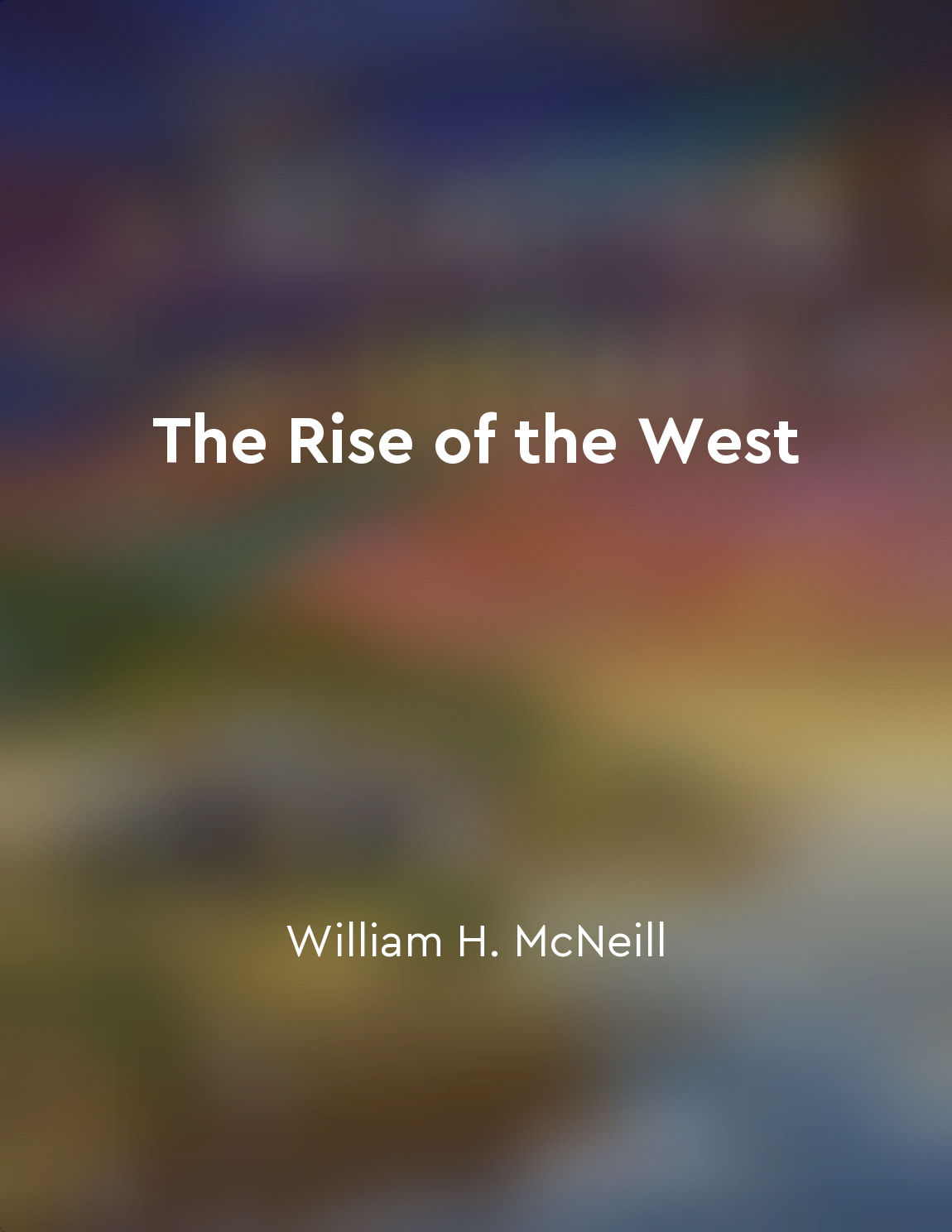The rejection of religious beliefs does not mean a rejection of morality from "summary" of The Age of Reason Original Edition(Annotated) by Thomas Paine
In considering the rejection of religious beliefs, it is important to understand that morality does not solely derive from religious teachings. While many religions provide moral guidelines and precepts, it does not mean that morality is exclusive to religion. Morality is a fundamental aspect of human society that predates organized religion. It is rooted in our ability to empathize, reason, and understand the consequences of our actions. The capacity for morality is inherent in human nature, regardless of religious beliefs. Furthermore, the rejection of religious beliefs can actually lead to a deeper exploration and understanding of morality. Without the constraints of religious doctrine, individuals are free to critically examine ethical principles and develop their own moral compass based on reason, empathy, and compassion. It is essential to recognize that morality is a universal concept that transcends religious boundaries. People of different faiths, or no faith at all, can still adhere to a common set of moral values and principles. The rejection of religious beliefs does not mean a rejection of morality, but rather a recognition of the innate human capacity for ethical behavior.- The rejection of religious beliefs should not be equated with a rejection of morality. Instead, it can serve as an opportunity for individuals to explore and develop their own moral beliefs based on reason, empathy, and critical thinking. Morality is a universal aspect of human society that extends beyond religious teachings, and it is essential to recognize and uphold moral principles regardless of one's religious affiliation.
Similar Posts
Liberals and conservatives prioritize different moral values
The moral foundations that we use to make judgments about right and wrong are like taste buds, guiding us towards what feels ri...
We possess the ability to override our instincts
Our ability to override our instincts is a unique aspect of human behavior that sets us apart from other species. While our ins...
Emotions influence decisions
In the course of human affairs, the influence of emotions on decisions is a matter of great importance. When we consider the na...

The desire for control is a futile endeavor
Control is something we all desire. We want to control our lives, our futures, our destinies. We want to be the masters of our ...
Genetics provides evidence for common ancestry
The study of genetics has brought a wealth of evidence supporting the idea of common ancestry among living organisms. By examin...
Humans are driven by desires and instincts
According to David Hume, the driving force behind human actions is rooted in their desires and instincts. These desires can man...

Environmental factors shape civilizations
The physical environment exerts a powerful influence on the development of human societies. Climate, geography, and resources a...
Globalization benefits the elite at the expense of the working class
Globalization has been a boon for the elite, as they have reaped the rewards of increased profits and expanded markets. However...

Rational thought should guide our beliefs and actions
Reason, the gift bestowed upon us by nature, is the greatest tool we possess to navigate the complexities of life. It is throug...

